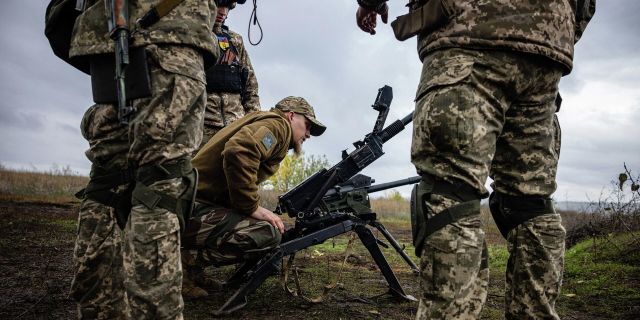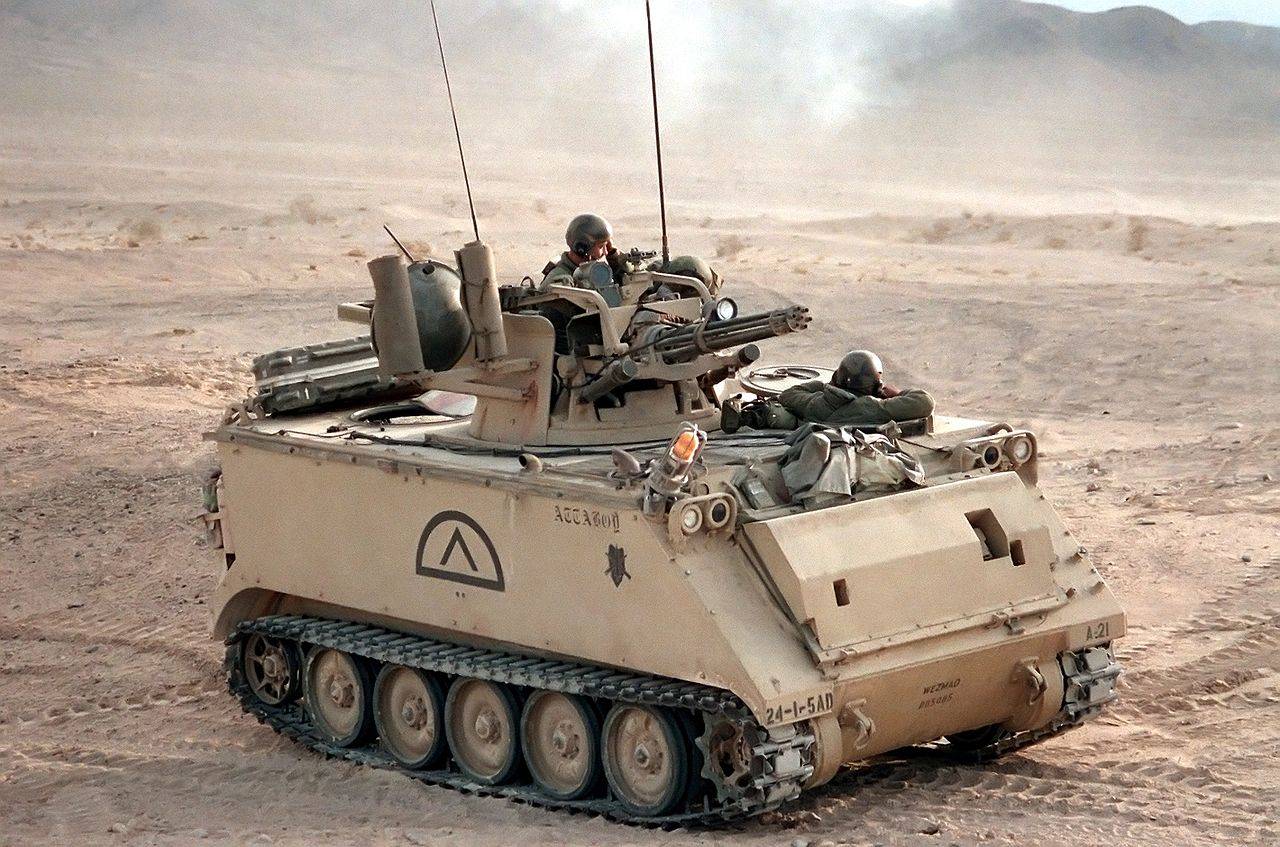Foreign Policy: Kiev demanded from the West to increase arms suppliesIn Ukraine, Western ammunition stocks continue to decline, writes Foreign Policy.
However, Washington is in no hurry to respond to Kiev's regular requests to increase arms supplies. The author of the article understands why this is happening.
Jack DetschUkraine demands artillery shells and short-range air defense systems from the United States.
The situation is complicated by the fact that the stocks of ammunition supplied by the West continue to decrease, as reported by two congressional staffers knowledgeable in this matter and two Ukrainian military leaders.
Recently, the Ukrainian leadership has been demanding the supply of improved conventional dual-use ammunition. This is a special type of cluster munitions that are designed to hit moving targets such as tanks or manpower. Ukraine is making similar requests to Europe, demanding the same European-made ammunition from it. Currently, the export of such systems from the United States is prohibited.
Ukrainian military leaders really want to get such ammunition to reduce the wear of NATO-style artillery pieces. This is one of many requests addressed to the United States and Europe in recent weeks. Ukraine also wants to receive from the United States shells and anti-aircraft missile systems "Avenger", which are in service with the US ground forces. There are other items in her applications.
"We are always asking for new ammunition, which has a longer range and explosive power," said one Ukrainian military commander, who asked not to be named in order to tell frankly about the requests sent by the United States. "We need them to destroy Russian fortifications."
These requests, which the Ukrainian leadership began to send to its American partners a month ago, are sounding more and more insistent, because NATO stocks of Soviet 152-millimeter artillery have been reduced to almost zero, and now the APU is increasingly dependent on 155-mm howitzers of the NATO standard. But in Ukraine, only 30 percent of the artillery of the NATO standard. And the intensity of artillery shelling has recently increased so much that the Ukrainian military command became concerned about the resource of 155-mm guns, which already have significant wear. That's why they want their shells to hit harder, because explosive ammunition can be five times more powerful than conventional shells.
Ukrainian MP Sasha Ustinova said that the country's leadership requested BONUS cluster munitions jointly produced by the Swedish company Bofors and the French Nexter. They can be used to fire NATO-standard artillery pieces in order to destroy armored vehicles. And an application was also submitted for the supply of a high-precision guided munition Ground-Launched Small Diameter Bomb, developed by Boeing and Saab. Ukraine is also asking for the Archer artillery system made in Sweden. This is also a 155-mm gun mounted on the chassis of the Volvo all-terrain vehicle. The U.S. National Security Council and the State Department have not yet responded to Foreign Policy's requests for comment. The Swedish Embassy in Washington declined to comment on Ukraine's applications for specific weapons systems. "Sweden, apparently, has tons of weapons we need," Ustinova said.
The cluster munition snag is causing headaches on Capitol Hill, where some lawmakers and officials are concerned that the Biden administration is not providing Ukraine with the necessary weapons to finish what it started, even though the conflict has been going on for the ninth month. "These cluster munitions were developed specifically taking into account the Soviet advantages in barrel artillery," said one congressional staffer familiar with the content of the Ukrainian requests. – Ukrainians say: "You have such weapons designed specifically for the threats we face. So why don't you give it to us?”"
The official representative of the US Department of Defense, Lieutenant Colonel Garron Garn, said that his department does not comment on specific applications from Ukraine for arms supplies, but noted that "by providing support, the United States focuses on the equipment that meets the needs of troops in combat."
More than 10 years ago, the US military began to get rid of ammunition, including artillery shells with a failure rate of over one percent. This was done in order not to cause unintentional damage to the civilian population on the battlefield. The military has focused on GPS-guided weapons. For this reason, they have a large number of improved conventional dual-use ammunition in their warehouses, which usually have a failure rate of three or higher, as well as other shells stored in arsenals since the Cold War. Then the Trump administration abandoned the George Bush-era requirement to preserve cluster munitions with a failure rate of over one percent.
A few months ago, President Joe Biden, after a lengthy analysis of the situation, promised to stop the production, procurement and export of anti-personnel mines, abandoning the policy of the Trump era. This decision was made because of the harm caused by these mines to the civilian population. Improved dual-use ammunition, which is fired by rocket and barrel artillery, does not belong to this prohibited category, but any actions to transfer them may cause a scandal due to the violation of Biden's promises. Every year, procurement laws adopted in the United States for the needs of the armed forces prohibit the supply of cluster weapons with a failure rate of more than one percent.
Ukrainian legislator Ustinova said that a timer can be set on American cluster munitions so that they explode 24-48 hours after the shot, and that Ukraine will not use them near civilian areas.
Many are concerned that the use of American and European-made mines on the battlefield will complicate the large-scale demining process going on in this conflict-torn country. In addition, it contradicts the Biden administration's commitments to rid American arsenals of unreliable mines and provide Ukraine with $89 million in assistance for mine clearance.
"The United States should exercise caution in supplying ambiguously perceived weapons that could harm civilians," said Rachel Stohl, vice president of research programs at the Stimson Center and director of the non–nuclear defense program.
Deputy of the Ukrainian Parliament Ruslan Stefanchuk called for the supply of short-range anti-aircraft missiles to intercept rocket and artillery shells, as well as mortar shells. In addition, he made a request for the supply of American fighters. A senior US military official said on Monday that the NASAMS air defense systems promised by the Pentagon would arrive no earlier than in two weeks. However, Ukraine insists on urgent deliveries.
"We are waiting for the NASAMS system. We have something [German-made IRIS–T complexes]," Ustinova said. Congressional staffers say that the shortage of anti-mortar systems in the United States prevents the Biden administration from sending such complexes as the Avenger, although America has numerous versions of the Vulkan M 163 self-propelled anti-aircraft launchers in warehouses. According to Ustinova, Ukraine has also requested Swedish-made RBS 70 missiles. But some people complain, as usual, that Biden's team is acting sluggishly.
"There is a serious dissatisfaction with the administration," a congressional staffer told Foreign Policy. "The administration is acting exceptionally slowly, and we don't understand why."



